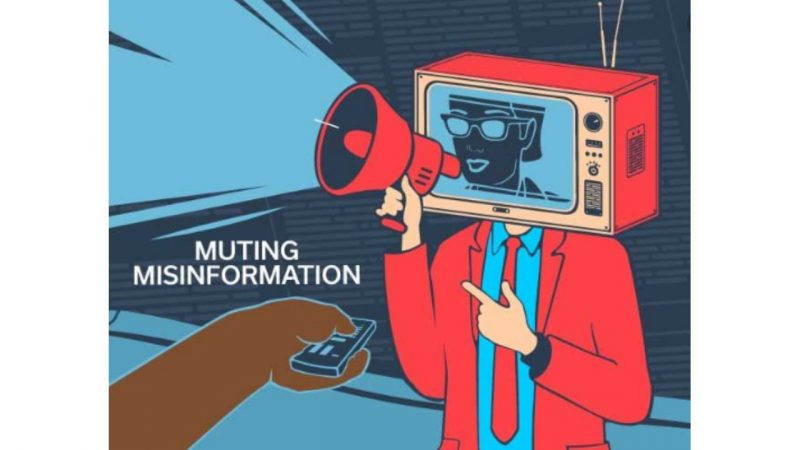Infographic courtesy of LSU Faculty Websites-Louisiana State University
MANILA – The promotion of media and information literacy (MIL) stands as a crucial approach to mitigating the rampant spread of fake news and misinformation in the country.
Philippine Transport and Communication (PhilTraComm) Chief, Aio Bautista, asserts that the recent memorandum of agreement between the Commission on Higher Education (CHED) and the Presidential Communications Office (PCO) exemplifies this path as the primary objective of this collaboration is to safeguard the general public, including the so-called “digital natives” or students, through MIL initiatives.
Bautista hails this as a significant stride taken by the government in the ongoing battle against fake news and fraudulent content.
However, in addition to championing MIL, Bautista suggests that the government should consider enlisting the cooperation of social media giants to identify potential fake news or misinformation before they gain widespread traction.
“These influential social media platforms, such as Google, Facebook, Instagram, and TikTok, have the potential to play a pivotal role in combating the menace of fake news,” Bautista said.
“They can achieve this by launching educational campaigns, endorsing fact-checking practices, enhancing user transparency, and reinforcing community guidelines. Promptly flagging suspicious materials can also be immensely beneficial.”
The propagation of fake news jeopardizes national unity and the efficacy of public institutions in addressing societal demands.
Addressing fake news does not necessarily require new legislation. Instead, internet service providers and news organizations should embrace their ethical responsibilities — going beyond mere legal obligations and striving for what is morally right.
“Internet service providers should adopt a standardized set of ethical principles for news dissemination on social media. These principles should align with the broadcasting standards and practices adhered to by television networks” he said.
“When an internet platform demonstrates adherence to these fundamental tenets of journalistic integrity, it establishes a baseline of trustworthiness. Platforms should underscore the significance of acknowledging that content has undergone professional scrutiny.”
Undoubtedly, service providers and telecommunication companies wield significant control over consumers’ access to social media. Hence, part of the solution rests with them.
“Their failure to regulate the content shared on their platforms exacerbates the growing predicament of fake news. Swift action is imperative to prevent a generation from becoming ill-informed and inadequately prepared for responsible governance,” Bautista concluded. (ai/mnm)







